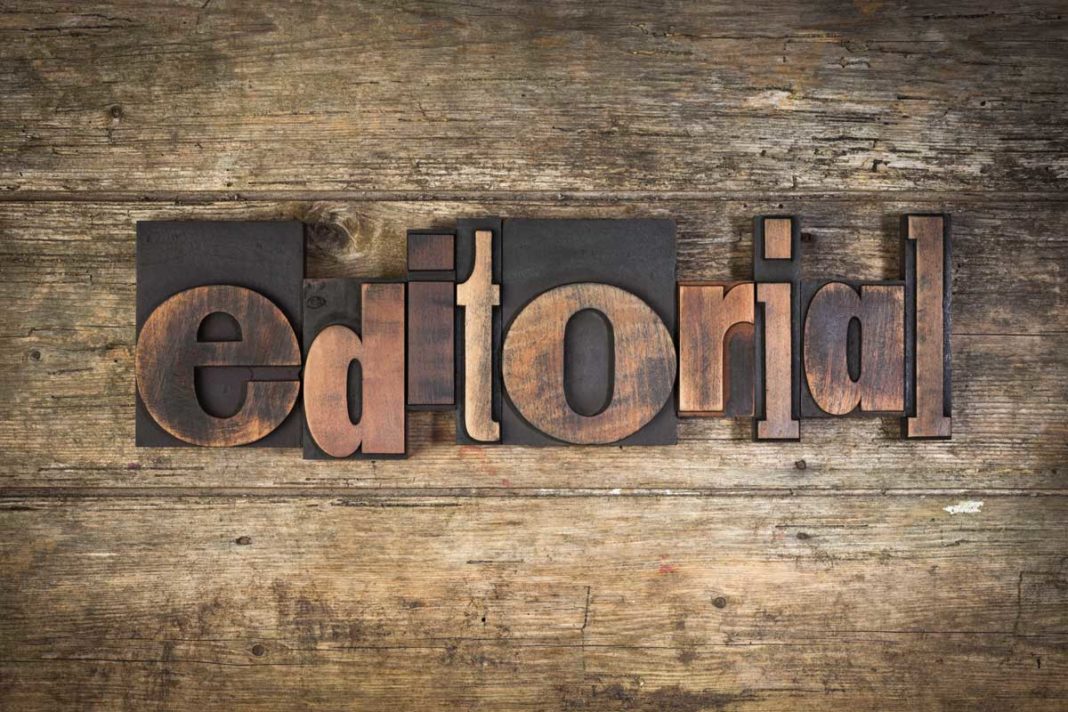The news out of China today is not very good. After the past two years of pursuing a single-minded zero-COVID approach to dealing with the pandemic, that nation’s leader just unleashed the virus on an ill-prepared population—and the consequences have been nothing short of dire.
Chinese authorities are confident that a second wave will not wash over that country’s economy since they estimate that 80 percent of the population have contracted the virus, and some immunity, after the surprise end to strict isolation protocols dictated by China’s Xi. More reliable sources than the state-controlled media are less optimistic.
Up to 10,000 critical cases or more have been registered in hospitals each day, with morgues reportedly overwhelmed, pharmacies citing shortages of basic medications and ongoing supply chain issues
hampering the distribution of antiviral drugs. The cost in lives lost among the vulnerable and other elderly is just the latest evidence of China’s cynical approach to its people. It’s the economy over all other considerations.
The fallout overwhelming the health systems in China, and other zero-COVID countries that are now opening up, points to the shortcomings of following such policies while not taking advantage of the breathing room provided to upgrade facilities and ensure the
population is sufficiently vaccinated to blunt the impact of the virus.
In Canada, both the Liberal federal government and the Progressive Conservative government ruling in Ontario became strangest of bedfellows, largely following the advice of medical professionals to push populations to vaccinate against the pandemic. Reviled mask mandates, business closures and other “infringements” on public freedoms bought time while those same infringements induced more than 80 percent of the population to become vaccinated.
It should be clear to most honest minds that nearly all of those infringements, touted as temporary, have proven to be just that. Compulsory mask mandates have been lifted, many of the industries whose workers were forced to either vaccinate or leave have lessened those strictures (although some have done so only due to pressure from the courts).
Our health system remains teetering on the brink in many respects yet remains largely intact three years into the global pandemic thanks to the draconian measures first imposed upon us by our democratically elected leaders.
Unfortunately, those leaders get little credit for their efforts. For the federal Liberals, it’s a constant litany of criticism for “overshooting” the mark and being too reckless with the public purse in protecting the economy from collapse—nevermind that Canada’s economy has weathered the storm much better than most. Latest indicators show the nation with among the lowest unemployment figures in living memory—far below the traditional benchmark of full employment used by economists for more than half a century. Inflation, although still too high, is now coming back under control and remains among the lowest in the Western world.
For the Progressive Conservatives, much can be said the same on a provincial level.
As is usual, democracy has been messy, imperfect and, at times, erratic, but the waves have subsided to great extent and fewer deaths are being reported. We are, most of us, breathing easier today than three years ago.
Hindsight provides plenty of opportunity for second-guessing those decisions made in the midst of the fog of war, but when weighed in the balance of history, once tempers have cooled and academia assesses the true impact and reasons that decisions were made—those actors in charge will find vindication.
One thing should be clear by now, however, and that is that pandering to populism is no way to govern or to ensure the peace, order and good government desired by nearly all Canadians.





